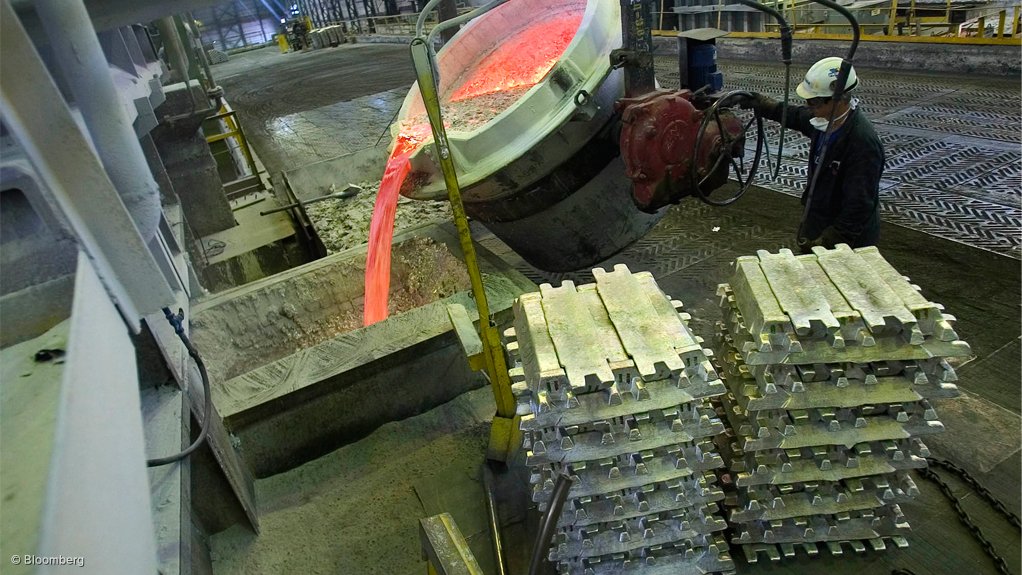
The incoming president of the Australian Aluminium Council has called on the federal government to put bauxite, alumina and aluminium on the nation’s critical minerals list.
“Aluminium is, and will continue to be, one of the most widely used commodities in the global clean energy transition. To capitalise on the nation’s abundance of these commodities and to position Australia as a supplier of choice, they need to be recognised as critical minerals,” Mike Ferraro, who is also CEO and MD of Alumina, said.
Australia’s current critical minerals list does not include bauxite, alumina, aluminium and other major commodities, while countries such as Canada, the US and Europe have included these commodities on their respective lists.
Furthermore, Ferraro pointed out that aluminium is recognised by the World Bank and the International Energy Agency as one of the commodities required for both clean energy technologies and the construction of electricity networks.
He said that Australia should be aligned with its peers on critical minerals in order to ensure it is optimally placed to capture the increasing demand for minerals such as bauxite, alumina and aluminium, needed in the clean energy transition.
Australia is the world’s largest producer of bauxite, the largest producer of alumina outside of China and a significant aluminium producer. The vertically integrated aluminium industry contributes around A$16.9-billion a year to the economy in export value.
“Australia is one of the very few countries that has bauxite mining, alumina refining, aluminium smelting and aluminium extrusion industries, making aluminium one of the few commodities for which the entire value chain from mining to the manufacture of consumer products is represented locally,” Ferraro said.
“This is a great economic story for Australia in not just extracting minerals but in transforming them to deliver considerable economic value, including a great many jobs.
“In addition to contributing to a decarbonised economy through our products, the aluminium industry is investing in the transition to net zero through the development of new technologies to decarbonise our processes. The scale of the investment required to decarbonise is substantial and will require input from a range of stakeholders including government. Decarbonising Australia’s electricity supply is the biggest opportunity to support the transition in the next decade.”


